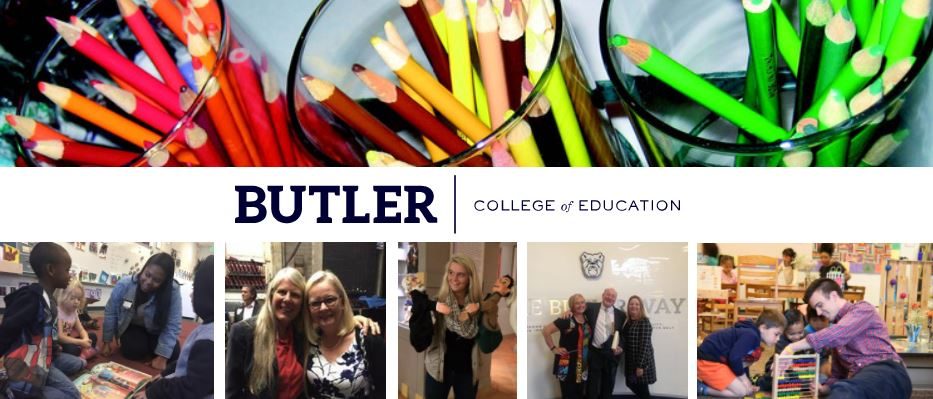What is extraordinary in the human mind is not only our capacity to move from one language to another, from one ‘intelligence’ to another; we are also capable of reciprocal listening that makes communication and dialogue possible. Children are the most extraordinary listeners of all.
—Dr. Louise Cadwell, author and editor of In the Spirit of the Studio
I have the privilege of knowing Dr. Louise Cadwell as my colleague and dear friend. She consults with the Indianapolis Public Schools/Butler Lab School and continues to provide for the opportunity to challenge and expand my own understanding on many aspects of education. In her newest book, In the Spirit of the Studio, 2nd edition, Louise wrote the following passage, which I hope will challenge and expand your thinking:
Through the act of sharing, we realize not only that the other becomes indispensable for our identity, for our understanding, for communication and listening, but also that learning together generates pleasure in the group, that the group becomes the place of learning. (p. 44).
Given the current concern about teacher shortages, how do we foster reciprocal listening between policymakers and educators in order to better understand the challenges classroom teachers and their students are facing every day? What if students used their technology savvy to document their learning and share with legislators, the media, and communities the impact of teachers on their lives? Could we allow students to lead us in their understanding of how we get more of them to pursue teaching?
Louise described the creation of a “competent audience, subjects capable of listening reciprocally, and being sensitive to the ideas of others to enrich their own ideas and to generate group ideas.” I believe we must contribute to the conversation in order to develop a “competent audience.” The current lack of communication and understanding regarding education is harmful to students, educators, families, and the community.
One way out would be to ask our most “extraordinary listeners,” today’s students, to be a significant voice in conversations about P–12 schools.
Ninety-six future educators attended an event at Butler on October 1. These high school juniors and seniors are currently participating in cadet teaching courses that allow them to explore the education profession. By bringing them together to lift up their choice of profession, dispel myths about teaching and learning, and engage in conversation that allows them to learn from us—and, more importantly, for us to learn from them—we set the tone as a community of learners and leaders in our work. They become the competent audience that lifts up our profession.
One of the challenges in identifying a problem is that the lens often focuses sharply on the causes rather than the solutions. For example, many focus on the “why” behind the present teacher shortage. But, when we brought our future educators together at Butler, we realized that students like these are the significant voice in the conversation. They are much more interested in being the actual solution, instead of merely pointing out education’s current flaws and needs.
Right now, nearly two-thirds of Indiana schools do not have any forum for encouraging high school students’ interest in being a part of our amazing profession. We find that future educator or cadet teaching courses are most predominately missing from large urban districts. That means we are not tapping into an important pool of diverse teaching talent.
We also know that many current cadet teaching classes are geared significantly more toward elementary education, rather than middle/secondary, because of the availability of elementary classroom-based experiences. If the students are ready to be part of the solution—to become our next generation of the best and brightest teachers—then we as a profession must be ready to provide that space for reciprocal listening.
How can COE support you, your schools, and your districts to provide an even stronger space within the high school curriculum to explore the opportunities to teach? How can we help all schools to lift up the profession and define a pathway through the new diploma tracks that gives weight and recognition to those who take coursework in this area?
What can we do to engage students who don’t see themselves at the elementary level still have an opportunity to explore the profession? How can we, as Dr. Cadwell says, foster a space in which “… learning together generates pleasure in the group, that the group becomes the place of learning”?
Now that you’ve listened to us, we are waiting to listen to you. We welcome your ideas at coe@butler.edu.
Until next month,
Dr. Ena Shelley
Dean, College of Education

